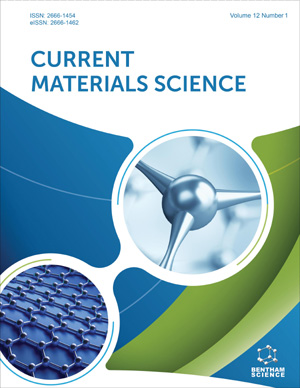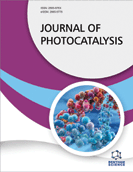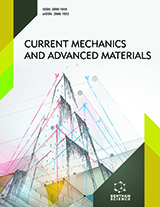Abstract
Background: The serviceability of a sewn garment is influenced by the quality of its seams, which form the basic structural element. The factors that affect seam quality in garments include, sewing thread type and stitch density. Their right choice helps with the achievement of quality seams in garments. However, the choice of suitable sewing threads and stitch densities for particular fabrics can only be determined through testing.
Objective: Problems associated with the poor performance of school uniforms include seam failure. The aim of the study was to determine sewing thread brand and stitch density suitable for seams for a selected fabric (79% polyester and 21% cotton) for Ghanaian public basic school uniforms.
Methods: A 2×3 factorial design was employed, which involved two brands of sewing threads labelled A` and B` and three ranges of stitch density, 10, 12, and 14. The total number of specimens prepared from the selected fabric was 81. The parameters investigated included fabric weight, strength, and elongation, seam strength, seam elongation, and efficiency. The data were analysed using the Predictive Analytics Software (SPSS). Means and standard deviations of the fabric’s yarn count, weight, strength, elongation and the linear density of the sewing threads were determined. Analysis of Variance and Independent samples t-test at 0.05 alpha levels were employed in testing the hypotheses.
Results: Differences in seam strength, efficiency, and elongation were significant for the two sewing thread brands and the three stitch densities in both warp and weft directions of the fabric sample. The sewing thread brand B′ with stitch density 14 performed best in terms of seam strength, elongation, and efficiency.
Conclusion: The sewing thread brand B′ and stitch density 14 are recommended to be used for the construction of uniforms with the selected fabric to achieve quality in uniforms.
Keywords: Ghanaian, basic school, uniforms, seaming properties, seam efficiency, seam strength.
Graphical Abstract

























